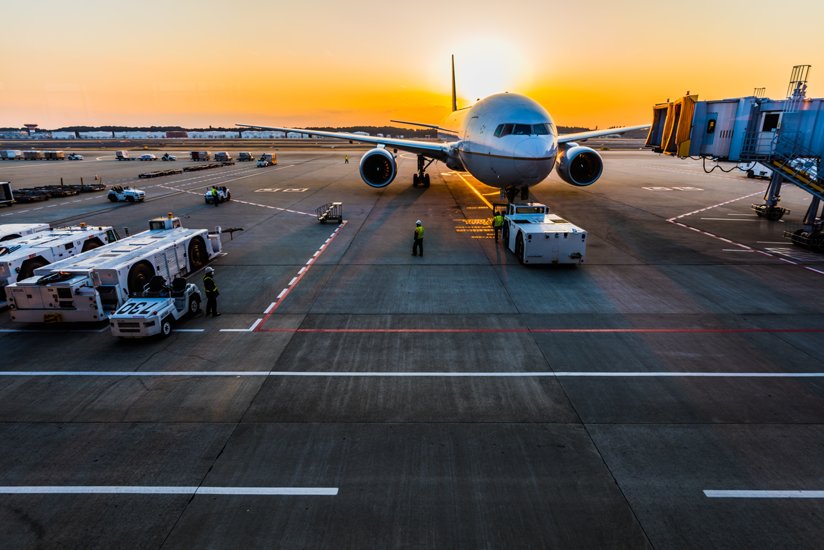
-
HOME
-
WHAT IS STANDOur Mission Our Values Our Help Contact
-
WHAT WE FIGHT FORReligious Freedom Religious Literacy Equality & Human Rights Inclusion & Respect Free Speech Responsible Journalism Corporate Accountability
-
RESOURCESExpert Studies Landmark Decisions White Papers FAQs David Miscavige Religious Freedom Resource Center Freedom of Religion & Human Rights Topic Index Priest-Penitent Privilege Islamophobia
-
HATE MONITORBiased Media Propagandists Hatemongers False Experts Hate Monitor Blog
-
NEWSROOMNews Media Watch Videos Blog
-
TAKE ACTIONCombat Hate & Discrimination Champion Freedom of Religion Demand Accountability
My Seasonal Pilgrimage: Coming Together, Coming Home
I recently made my annual pilgrimage. It was in company with Christians, Jews, Hindus and Buddhists.
No one’s religion was cause for offense. No difference in color, social standing, job or education impacted the way we interacted.
We travelled together. We rejoiced together. We embraced together.
My year-end pilgrimage was to the local airport to meet my oldest son, his wife and their four children. No one who saw us reuniting could have told, or would have cared, that we were Scientologists, just as I wasn’t concerned about whether other reunioners were Buddhists, Muslims or Jews.

I’m sure the same scene played out across the country—in airports and bus and train stations, at front and back doors, in sundry public places and locales more intimate.
Collectively, we were answering the call of family, the call that pulls us together in the darkest and coldest stretch of the year to celebrate various traditions and our diverse beliefs, all in peace.
What gets lost (or added) in translation when moving from the smaller to the bigger picture—from the microcosm to the macro?
Such scenes are important, they are real. They are life carrying out the innate, powerful drive to survive and prosper across what Scientologists call the eight dynamics—those underlying motivations that embrace all our activities.
So, how do we go from such in-common, mutual experiences to a broader societal scene in which prejudice plays such a leading part? What gets lost (or added) in translation when moving from the smaller to the bigger picture—from the microcosm to the macro?
There’s probably no simple answer to that question, but what is plain to me is that prejudice and bias aren’t things which grow out of observation or careful consideration. They don’t spring from the pleasant, rational, responsible side of life.
This is most obvious when we meet someone one-on-one who rails against another faith—mine or someone else’s. We sense that his spiteful vitriol says more about the speaker than it does about the target. We instinctively know that haters are driven by their own hidden, false purposes or are serving vested interests.
So, wouldn’t the same principle apply when we hear bigotry in the press, on TV or on the Internet?
Shouldn’t our attention be drawn to the originator of hate? Shouldn’t we suspect a vested interest or some false or hidden purpose?

Unthinking, more-than-slightly-strained efforts to denigrate another’s religion are not by accident. They don’t just happen—they don’t just leap fully formed from the heart. Any suspicions you may have about such attacks are right: they are driven by hidden and false motives.
As a Scientologist of more than 40 years, when I hear absurd, denigrating comments parroted about my religion, I know the truth. And I know the character from which such comments spring. But I also realize it’s important for me to know the same for other faiths. Anti-religious bigotry, no matter the target, springs from the same ugly source.
I know this not only because respecting others’ religious beliefs is a good policy but because I saw other families on their own pilgrimages.
I saw different faiths, different looks, different traditions all moving together towards the same experience—the joy of homecoming, of families reuniting, of love.









